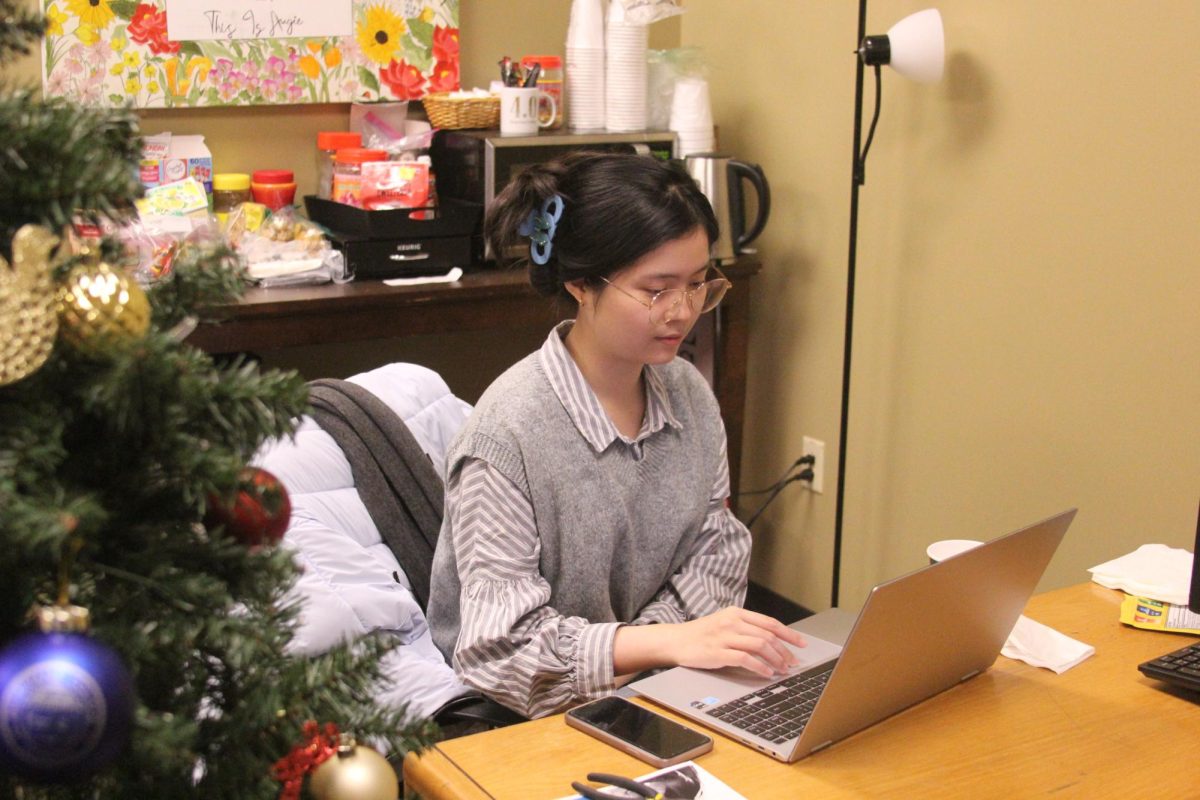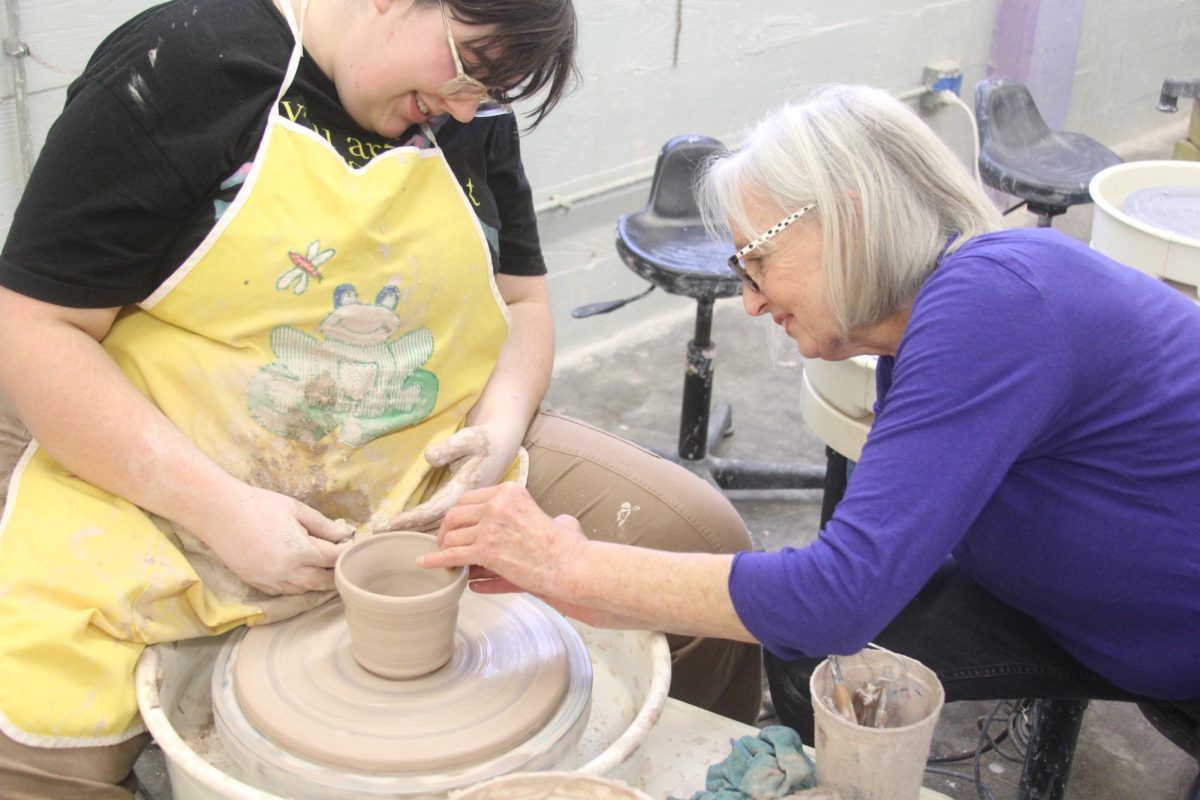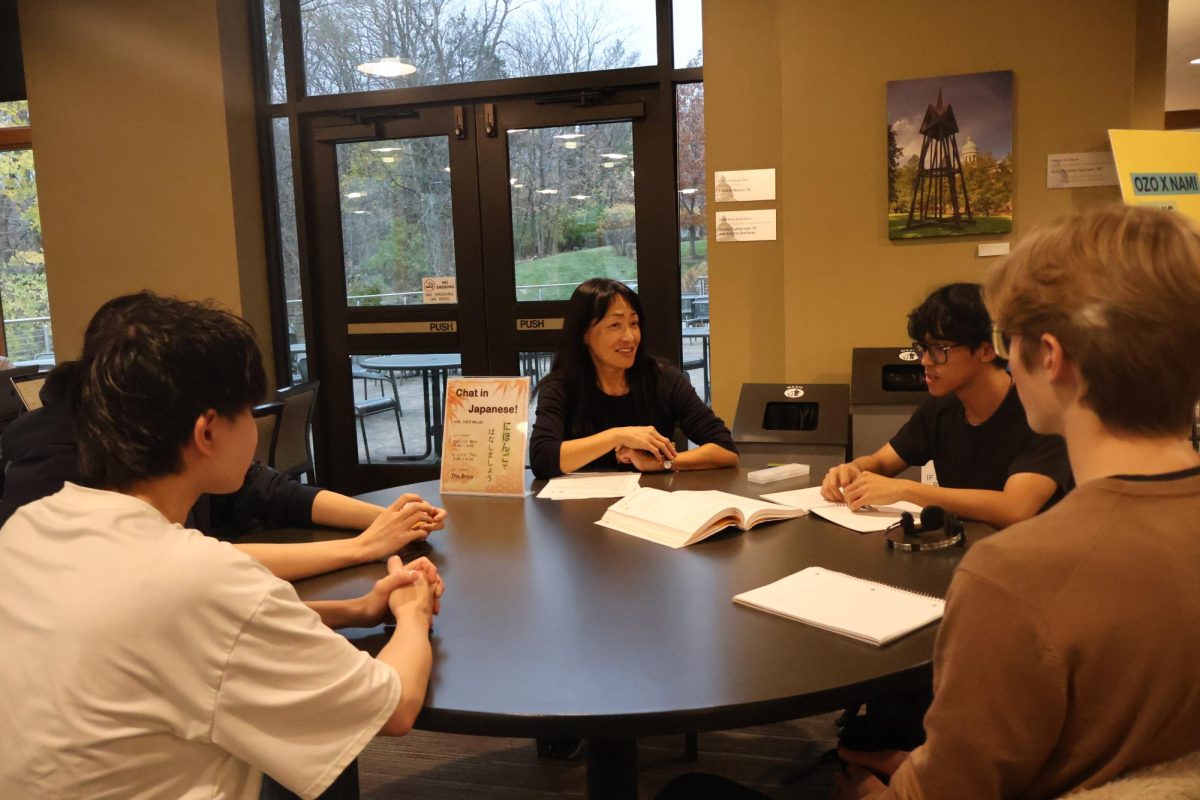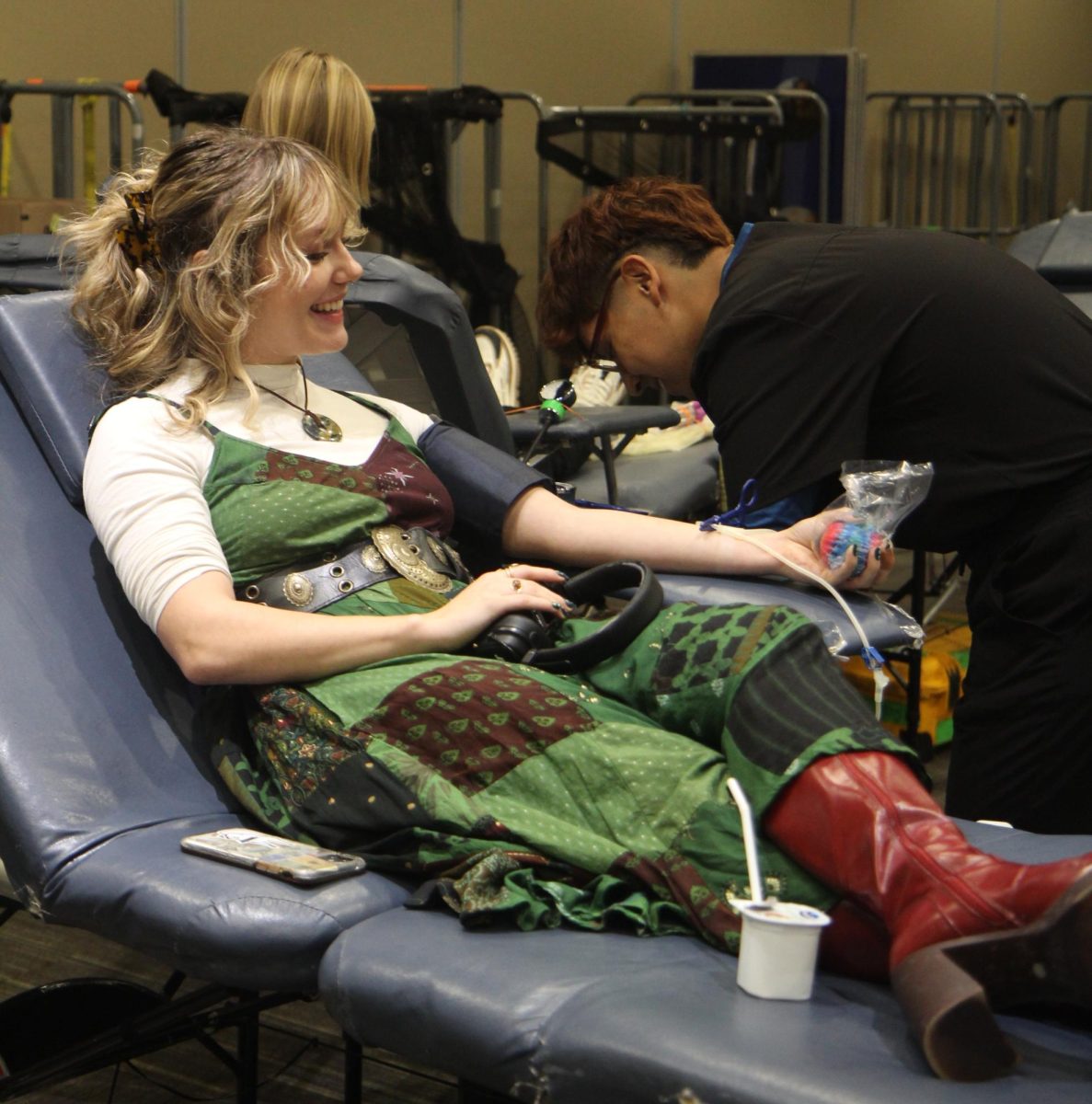Around the holiday season, mainly November and December, holiday depression, or “holiday blues,” is a serious condition that affects many Americans.
While not a condition that can be formally diagnosed, holiday depression is a term adopted by the general public to describe the onset of depressive symptoms during the holiday season for reasons at least somewhat related to holiday activities.
According to Deb VanSpeybroeck, a counselor at Augustana College, holiday depression can be caused by any variety of incidents in a person’s life related to the holiday season.
They may have a preconceived negative idea of how the holidays will be, could have had a big loss in their life prior to Christmas season, and most commonly, could feel very stressed, overscheduled and overwhelmed due to the rigors of the season.
According to Dr. Austin Williamson, a professor of psychology at Augustana College, holiday depression is no different than depression precipitated by any other life circumstances.
“The exception,” said Williamson, “is that holiday depression follows a time when people are expected to be happy unlike other life circumstances, such as a break-up.”
Along those same lines, VanSpeybroeck said, “Holiday blues is sort of like depression as a cold is to pneumonia. One is much easier to heal and take care of than the other.”
College students are very susceptible to holiday depression.
According to Mayo Clinic, one of the main causes is the absence of family during the holiday season. As the holidays approach and students are far from home, especially if for the first time, they may start to develop symptoms of holiday depression.
While holiday depression is, as the name suggests, triggered by the holiday season, that doesn’t necessarily mean it begins with Thanksgiving, lasts the entire season, or ends with the new year.
According to Williamson, “Someone with a low vulnerability to depression might pull out of an episode during the holidays fairly quickly. For someone with a high vulnerability to depression, it might take longer to climb out of the hole.”
Students are encouraged to find help quickly if they think holiday depression may be affecting them.
VanSpeybroeck says there are three different categories a person could use to help with holiday depression. Those three are managing expectations, staying connected, and staying in control of your behavior.
Managing expectations means either raising or lowering one’s expectations.
This can get rid of the dread of the holiday season or help so there aren’t any expectations not being reached.
Using support systems can help one feel more connected during tough times.
Knowing that people are there and ready to help is an important step in overcoming holiday blues. Volunteering can also be healing, as it will make someone else feel good and offer a positive distraction.
Remaining in control of personal behavior is the most straightforward solution.
Scheduling time wisely, avoiding alcohol, exercising, and managing money all fit into this category.
VanSpeybroeck also recommends simply going outside and walking for twenty to thirty minutes a day.
Exposing yourself to natural light can help with seasonal depression. This can also encourage exercise, which is very helpful.
When it comes to dealing with the loss of a loved one, VanSpeybroeck says to try and think of the loved one in a positive light around the holidays.
Keeping memories happy can help avoid holiday depression.
If none of these strategies work, counseling services are available for Augustana Students.
To make an appointment with a counselor, call 309-794-7357 or go to room 206 in Founders Hall to meet with Cheri Mizaur, the secretary for Counseling Services.





































































































